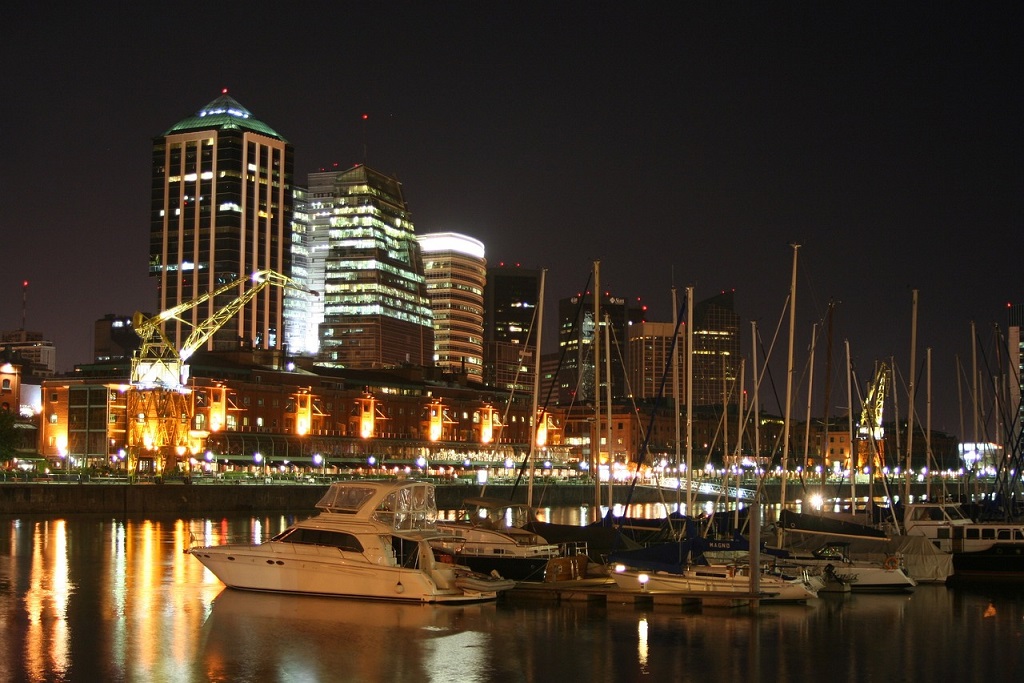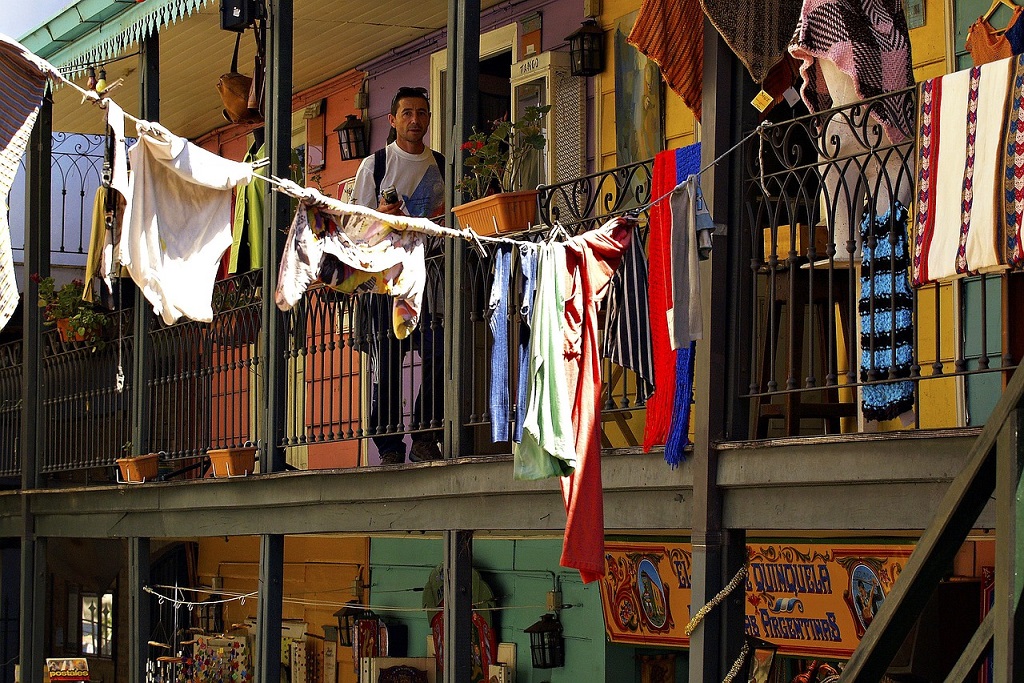She has spent five years coming to Europe and has noted the increase in racism and xenophobia during this time.
 Marisa was born in the Argentine city of Córdoba. The sociologist is 30-years-old, and this is not the first time that she has left her home town; she has been to more than 43 different countries.
Marisa was born in the Argentine city of Córdoba. The sociologist is 30-years-old, and this is not the first time that she has left her home town; she has been to more than 43 different countries.
She did part of her doctorate in Sweden, lived for a long time in New Zealand and has just come from the north of Spain, from the Basque country.
Marisa came to London to complete her research at Birkbeck University. Her intention is to stay for three months in the English capital, as she loves her country of origin.
She also wants to learn about the region and the way of life in London. It is not the first time Marisa has come to the UK.
She was living Oxford and thought that the experience she is having now would be different. She notes that the university there is more elitist and has a great deal of distinction between people. “I’ve been told that in London people don’t feel excluded, there’s a variety of cultures”, Marisa points out.
Now that she has taken her doctorate in English, the language isn’t a problem for her.
During her stay in New Zealand, she improved her proficiency in the language. For her, the country in Oceania is the least racist of all those that she has lived in.
 She went alone, but the brother of a friend rented a room to her: the problem of accommodation was solved before she arrived.
She went alone, but the brother of a friend rented a room to her: the problem of accommodation was solved before she arrived.
Marisa had been living in Spain and is disturbed by the crisis that exists in Europe. “It makes me sad, it’s like an advance of the neoliberal politics that they implemented in Argentina, it generates a feeling of discomfort in people and because of this, the level of racial discrimination increases”, she states clearly.
Marisa has spent five years living in Europe and is sure that, in this time, “racism and xenophobia has been on the rise”. “Europe needs to free itself from this situation because it’s generating lots of tension”, she comments.
“The problem is that people look at immigrants and see them as thieves who want to take their jobs, an authentic historic injustice”, she says.
Marisa believes that it’s possible to change the situation, but according to her, “it’s necessary for young people to be involved politically in social life and genuinely know what is happening”.
“I was promised that this was the ‘first world’, that there was nothing better”, Marisa says.
 The problem for her is that young people have an ignorance of history and political circumstance, despite the conditions that exist for gaining access to the information.
The problem for her is that young people have an ignorance of history and political circumstance, despite the conditions that exist for gaining access to the information.
“The population is greatly manipulated and this generates frustration. It makes me scared that the crisis will continue along this line of racism and that it’ll become something very dark”, adds Marisa.
(Translated by Daniela Fetta) – Photos: Pixabay












.jpg)












